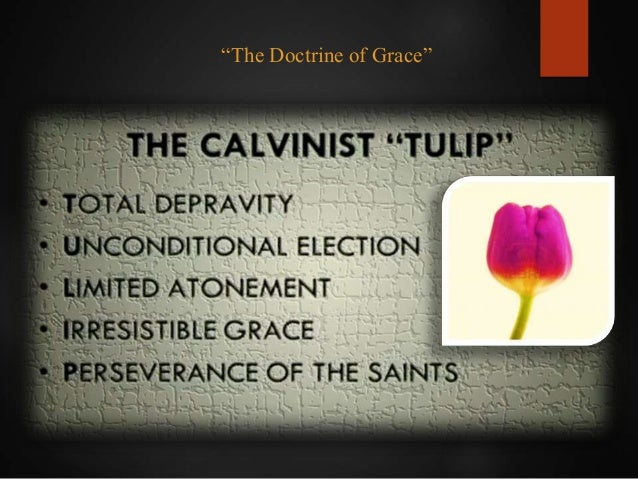

Election therefore was determined by or conditioned upon what man would do. He selected only those whom He knew would of themselves freely believe the Gospel. God’s choice of certain individuals unto salvation before the foundation of the world was based upon His foreseeing that they would respond to His call. Faith is the sinner’s gift to God it is man’s contribution to salvation. The lost sinner needs the Spirit’s assistance but he does not have to be regenerated by the Spirit before he can believe, for faith is man’s act and precedes the new birth. The sinner has the power to either cooperate with God’s Spirit and be regenerated or resist God’s grace and perish.

Man’s freedom consists in his ability to choose good over evil in spiritual matters his will is not enslaved to his sinful nature.
#Arminius total depravity free#
Each sinner possesses a free will, and his eternal destiny depends on how he uses it. God graciously enables every sinner to repent and believe but does not interfere with man’s freedom. Although human nature was seriously affected by the fall, man has not been left in a state of total spiritual helplessness.

Steele and Curtis Thomas) give a particularly clear and concise summary of the differences between Arminianism and Calvinism. The following paragraphs (taken from Romans: An Interpretive Outline, by David N. The articles of Dort have come to be known as the "five points of Calvinism." At this "Synod of Dort" the members adopted five articles in direct opposition to the five articles of the Arminians. After a period of sharp theological controversy the Dutch government convened a National Synod of leading churchmen, which met in Dordrecht in the years 1618-19. In essence, the Arminians maintained that God gives indispensible help in salvation, but that ultimately it is the free will of man which decides the issue. These were: (1) that the divine decree of predestination is conditional, not absolute (2) that the Atonement is in intention universal (3) that man cannot of himself exercise a saving faith, but requires God's help to attain this faith (4) that though the grace of God is a necessary condition of human effort it does not act irresistibly in man (5) that believers are able to resist sin but are not beyond the possibility of falling from grace. Shortly after his death, the followers of Arminius (later called Arminians) presented a statement to the governing authorities of Holland in which they set forth five articles of doctrine. The fundamental principle in Arminianism is the rejection of predestination, and a corresponding affirmation of the freedom of the human will. A RMINIANISM is a teaching regarding salvation associated with the Dutch theologian Jacob Arminius (1560-1609).


 0 kommentar(er)
0 kommentar(er)
